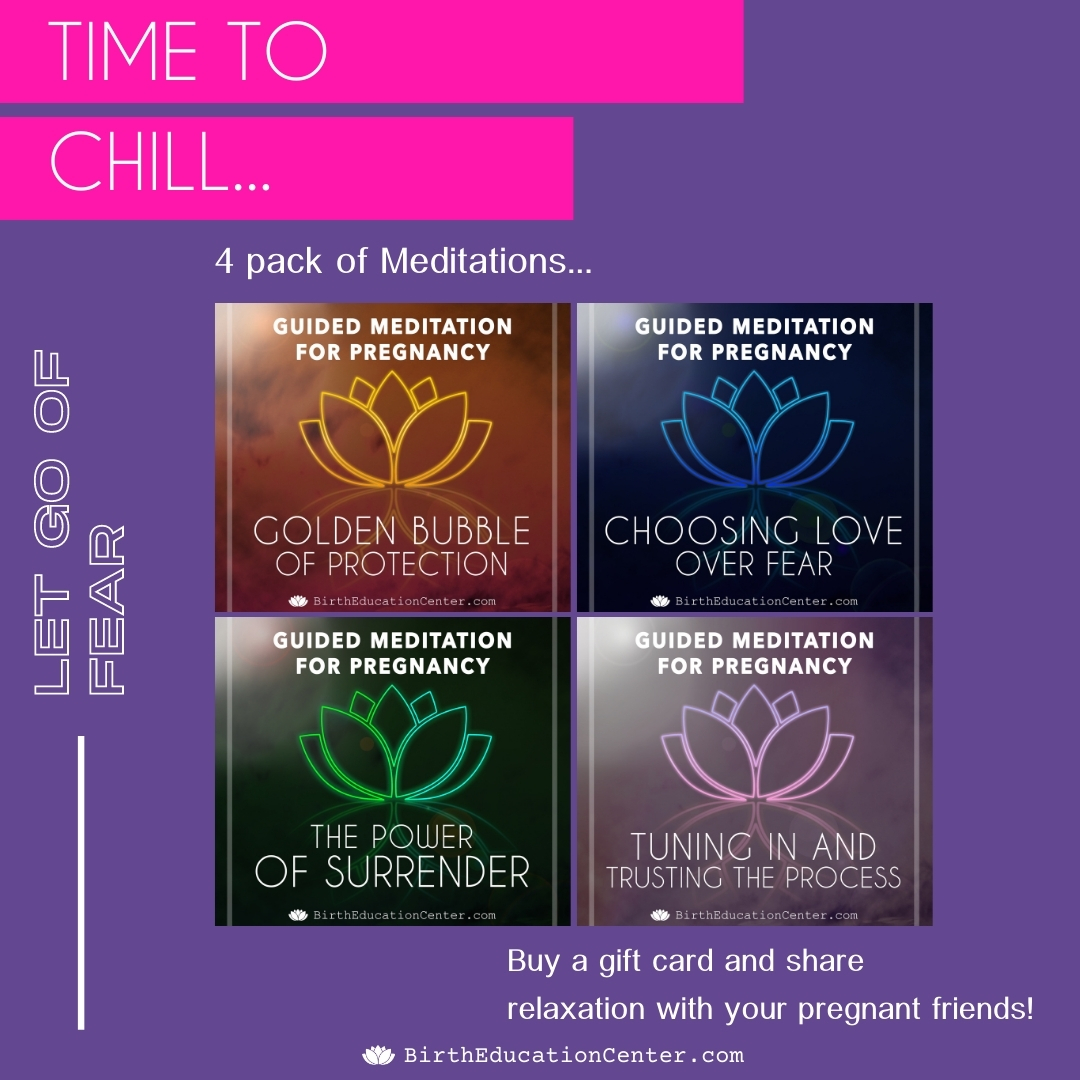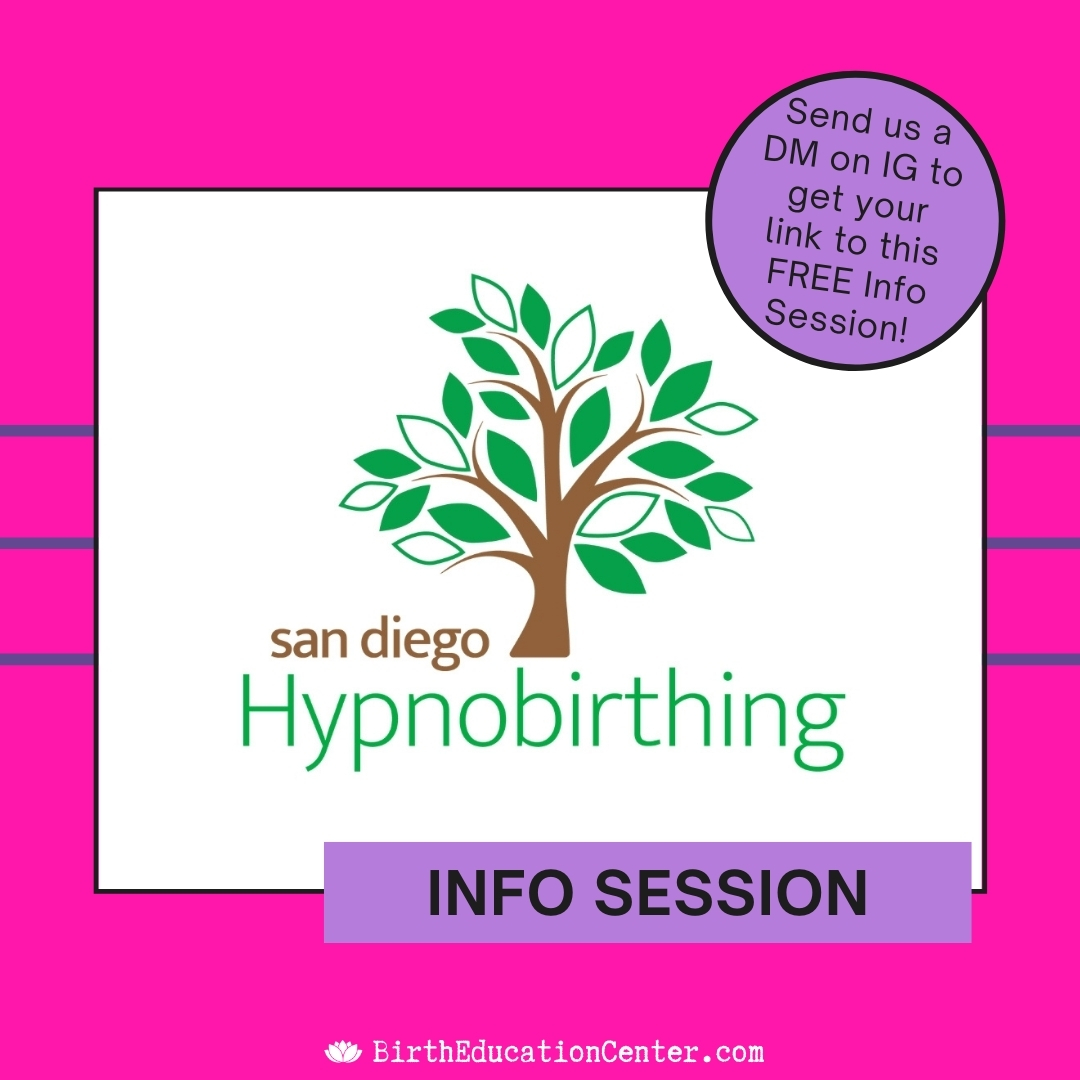Postpartum Traditions from Around the World: China
We are taking some time to learn about how other cultures from around the world handle the period of postpartum in contrast to what we do here in the United States. Or, perhaps more accurately, what we don’t do here in the United States.
As we pointed out in our previous blog that examined the postpartum traditions of Latin America, American culture hasn’t come up with any comparable customs surrounding the period immediately following the birth of a baby. Although this is a remarkable time of transition for both the birthing person and their baby, the American culture doesn’t mark the occasion with any sort of traditional customs. But that isn’t the case in other parts of the world.
The Postpartum Tradition of Zuo Yue Zi
In China, the tradition of Zuo Yue Zi (which loosely translates to “sitting the month” or “the month inside”) goes back centuries to the Han Dynasty. It is still widely practiced today in parts of China, Taiwan and Hong Kong, albeit in a somewhat modified version. With its basis steeped in Traditional Chinese Medicine (TCM), it is believed that the month after childbirth is a crucial period for the health of the mother and newborn. As such a month of confinement is prescribed to mothers where they do not leave the house and focus on resting and healing their bodies. This tradition emphasizes the postpartum care of the birthing person and has been known to help a mother’s pelvis and uterus heal from birth.
The Healing of the Postpartum Body
TCM is tied to the principle of yin and yang and maintaining balance within the body. It is believed that after birth the body is thrown out of balance due to loss of blood and put into a state of yin and it is therefore vital for balance to be restored in postpartum. This is achieved by confining the birthing person indoors for at least one month limiting them from any cold air, foods or drinks. A strict diet of traditional foods rich in calcium, iron and protein is prescribed to promote healing and breast milk production, for example, papaya fish soup.
Similar to la cuarentena in Latin America, the mother is encouraged to rest and not partake in any cooking or household duties. Even the care of the baby is passed along to a nanny if possible. The emphasis is on healing the postpartum body by restricting activity and promoting rest. If you go back generations, Zuo Yue Zi also included not bathing or brushing teeth; again, this was done to restrict yin from entering the body and to restore balance. This particular custom has been discontinued though due to hygienic concerns. If followed at its most restrictive level, mothers are prohibited from getting out of bed, crying, reading, watching TV or using a fan.
Sitting the month is still a popular option for postpartum mothers in China, with an emphasis on the pampering part. Confinement centers are locations throughout the country where mothers with means can book a room and be pampered for the duration of their stay, like an extended spa treatment.
Zuo Yue Zi Teaches Us to Prioritize Our Body Just as Much as the Baby
The restrictions of this custom hardly seem practical in today’s day and age no matter what part of the world you’re living, however, the lesson it teaches us is still relevant today. We need to honor and acknowledge our bodies after we give birth a lot more than we do currently. Even if it’s not feasible to stay in bed for a month and be waited on hand and foot, perhaps there’s a middle ground that’s more attainable. Perhaps striving to be off your feet more than you’re on them for the first 4-6 weeks and hiring a postpartum doula to come in a few days a week to help out is within reach.
Resources:
https://www.scarymommy.com/postpartum-chinese-tradition-zuo-yue-zi/




